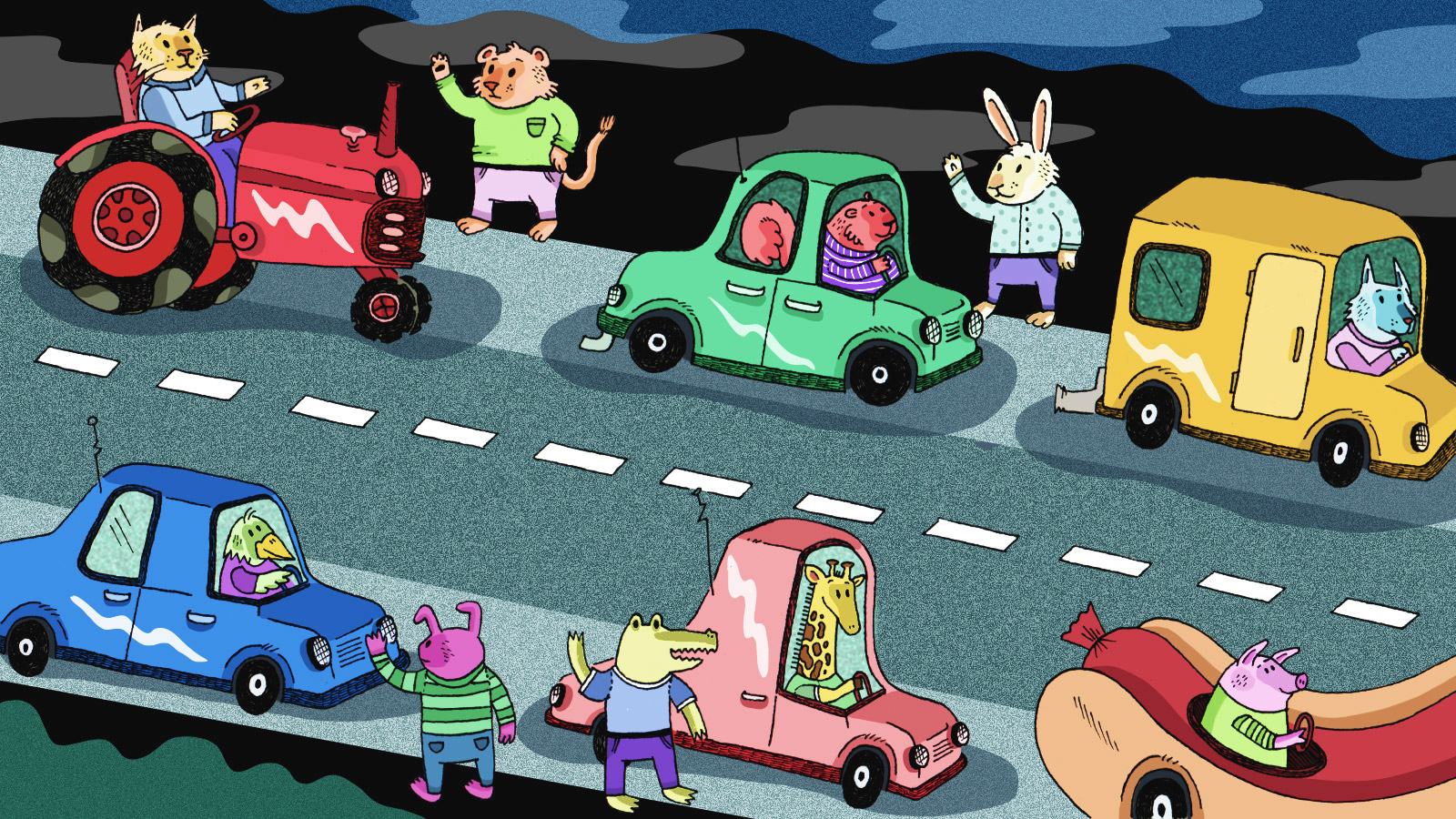Once, back in the ancient days of 2001, I was staying with some friends in San Diego who were all in a punk band together. A friend of mine drove down from San Francisco to visit us – but, as he bragged incessantly over the next several days, he didn’t drive. Instead, he found someone on a thing called Craigslist. This person was driving from San Francisco to San Diego, too, and he rode along with them, in exchange for providing gas money.
This was, I thought, pretty cool. Most of the internet, as I had encountered it up to this point, was full of people talking about stuff or trying to sell me things, both of which I felt like I had too much of in regular meatspace to want to experience in a more virtual setting. This was something else: The internet had connected a person who wanted a ride with a person who could give a ride, and the result was that now, in real space, we could all go to the beach together.
I never used Craigslist to hitchhike. Based on the volume of unsolicited sexual offers that poured into my email inbox even when my female friends and I were looking for something as innocuous as an apartment, I hesitated to cruise for rides on the internet. And back in San Diego, as the weekend wore on, a few cracks had appeared in my friend’s hyperbolic “the magic of internet found me a cheap ride to San Diego” story.
Specifically, the person he had hitched a ride with was having some love troubles. The driver had a girlfriend who he really liked a lot, but the girlfriend had become enraged upon learning that he had given a very nice mountain bike to an ex-girlfriend. The current girlfriend had given him an ultimatum: break into your ex-girlfriend’s garage and steal me that mountain bike, or our love is over. The driver couldn’t make up his mind: Steal the bike? Lose the girlfriend? Steal the bike? Lose the girlfriend?
The drive down had lasted nine hours. There would also be a drive back.
Despite this cautionary tale, I’ve never stopped thinking that if we, as a society, are going to build something with the internet that actually has a positive environmental effect, it will probably involve hitchhiking. Uber and Lyft are basically just replicating what taxis do, which means even more cars on the road to meet possible demand. Furthermore, they both require professional drivers, and don’t pay those drivers enough to live on.
But a transportation network built out of commuters who are going to be on the road anyway is the closest thing to a free ride that you can get — financially and environmentally. Things that didn’t even exist in 2001 (like GPS smartphones), and things that barely existed (like systems for verifying identity and reviewing drivers and passengers), would make such a thing even easier. So why hasn’t it happened yet?
Well, it is happening — just not in the U.S. The billion-dollar French startup BlaBlaCar is essentially a reputation-based hitchhiking app that lets riders cover gas and tolls but not pay the driver themselves. It’s available in Europe, Russia, and Mexico, but says that it has no plans to get to the United States unless the price of gas here goes up, giving drivers a stronger incentive to get someone else to pay for their tanks-full.
Google has the technology to run its own ride-hailing service (it began running a test version in Tel Aviv this summer), but rumors are that it’s ultimately intended for Google’s self-driving car schemes.
Meanwhile, La’Zooz, an Israeli ride-sharing service, has announced big plans to be, as Bloomberg put it, “the utopian hippie Uber.”
http://www.youtube.com/watch?v=0BttJsLLOHo
User reviews of La’Zooz are wildly enthusiastic, but the app is only available for Android phones — and it doesn’t appear to be doing anything in the U.S. except gathering data for an as-yet-undefined future launch.
So, the U.S. — the country that would most benefit from a decent hitchhiking app — remains without one to this day, while Europe, with all of its trains, gets it all. That doesn’t mean that I’ll stop hoping. Maybe one of the failed gladiators in the ride-hailing wars, like Sidecar, will rework its application for hitchhiking, since it already had a feature that allowed drivers to accept or reject passengers based on route. American drivers may have it easy, but there are still plenty of commuter choke points (Interstate 280 between San Francisco and Mountain View, for example) and a history of semi-formal carpooling that dates back to the 1970s oil crisis.
2016, I have high hopes for you. Make this thing happen!



